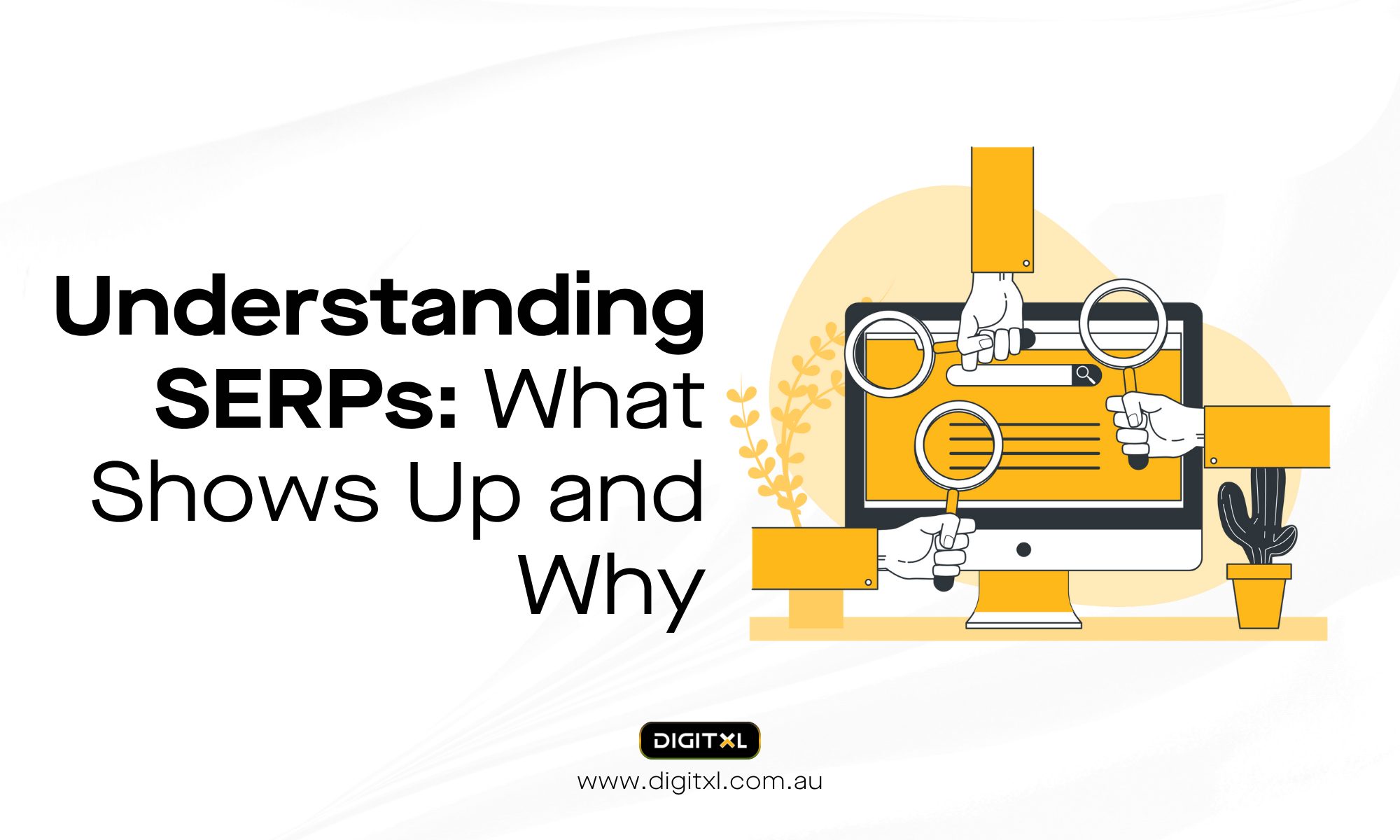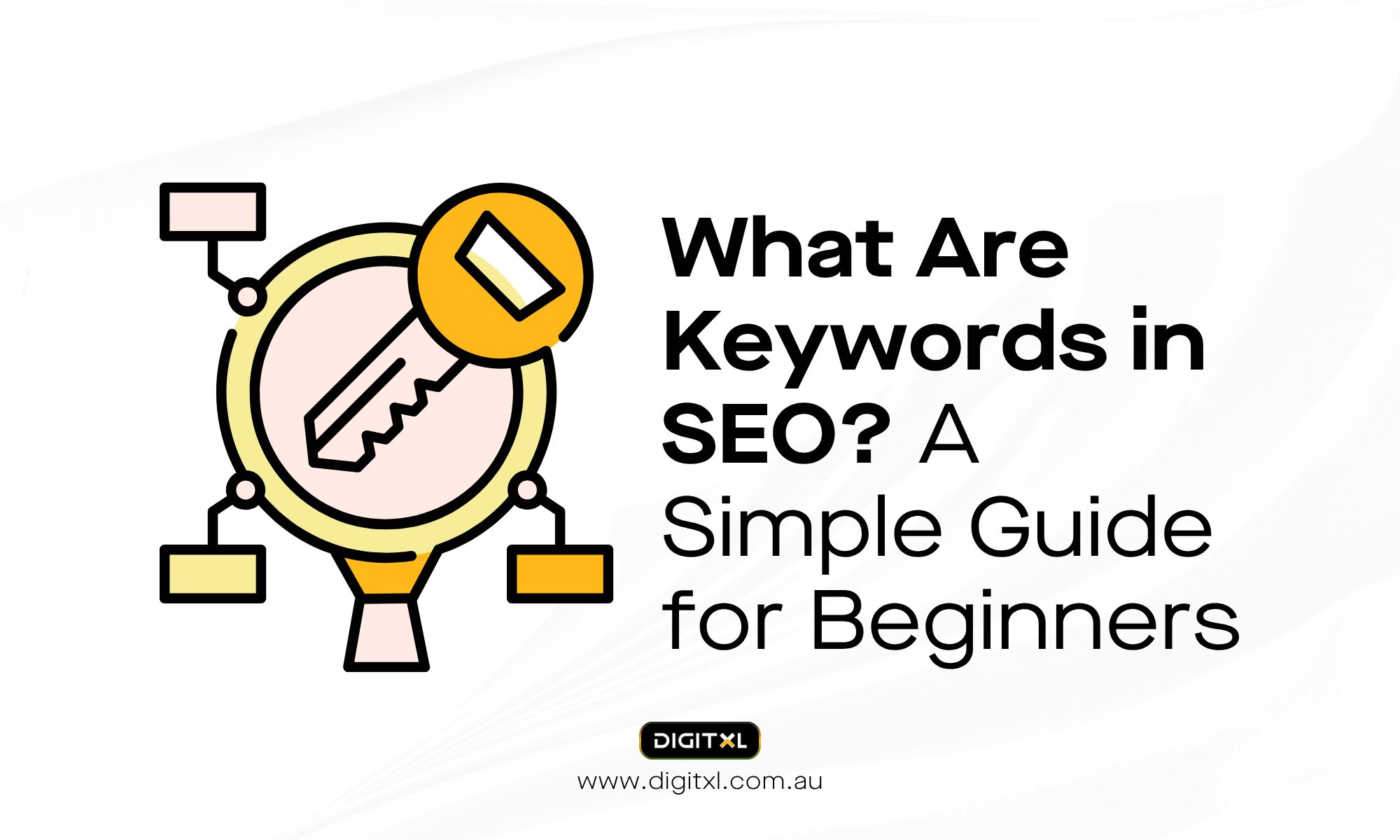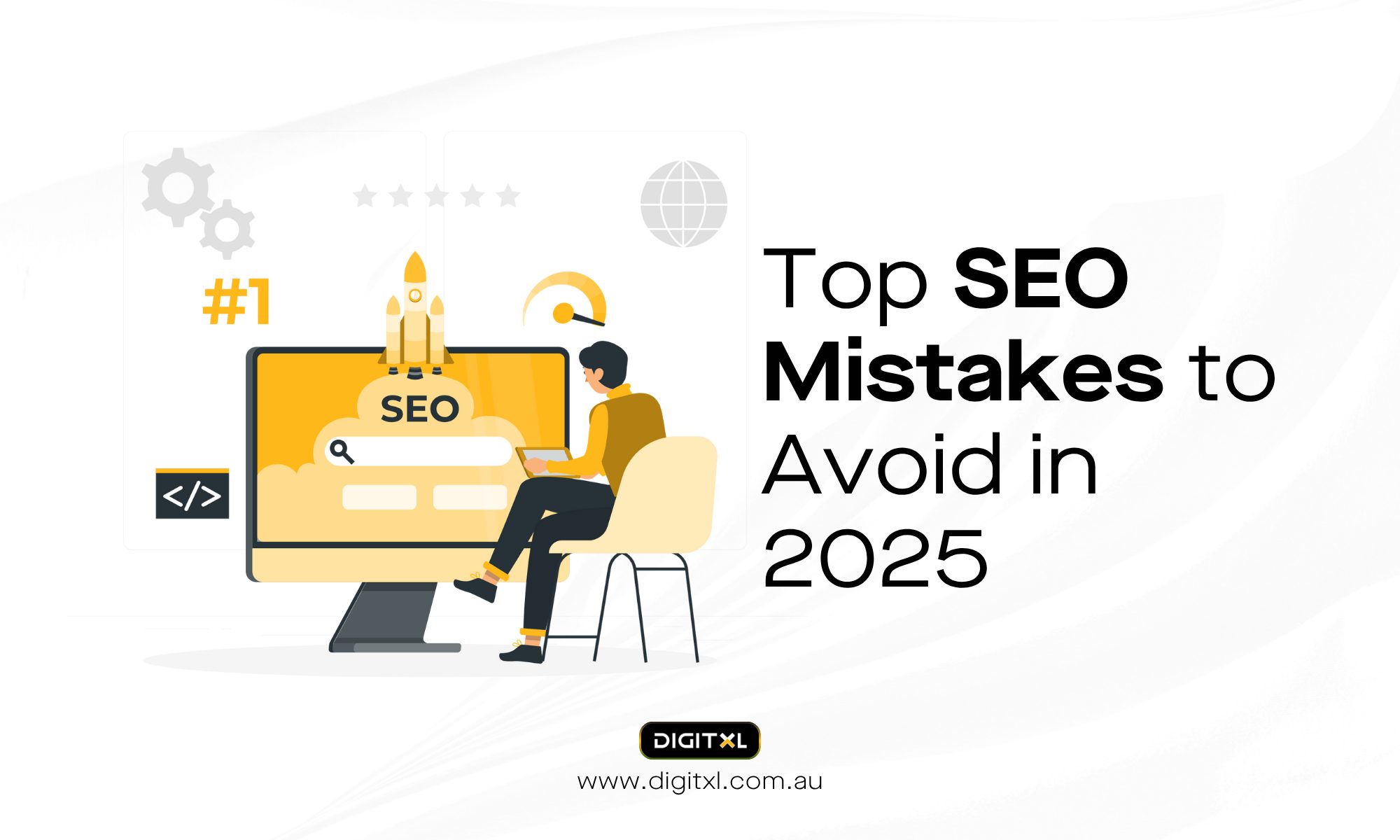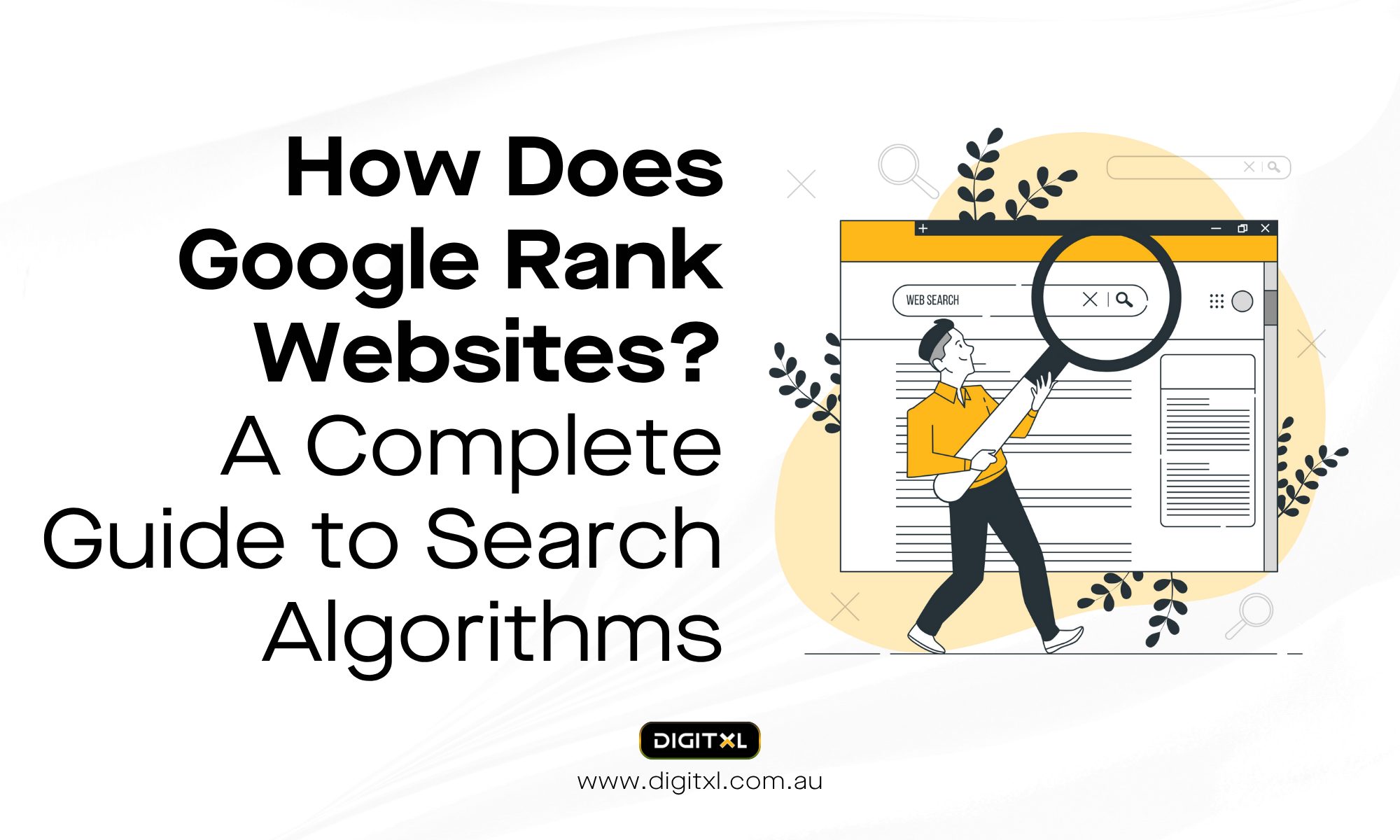- SEO
What Are Keywords in SEO? A Simple Guide for Beginners
07 Nov 2025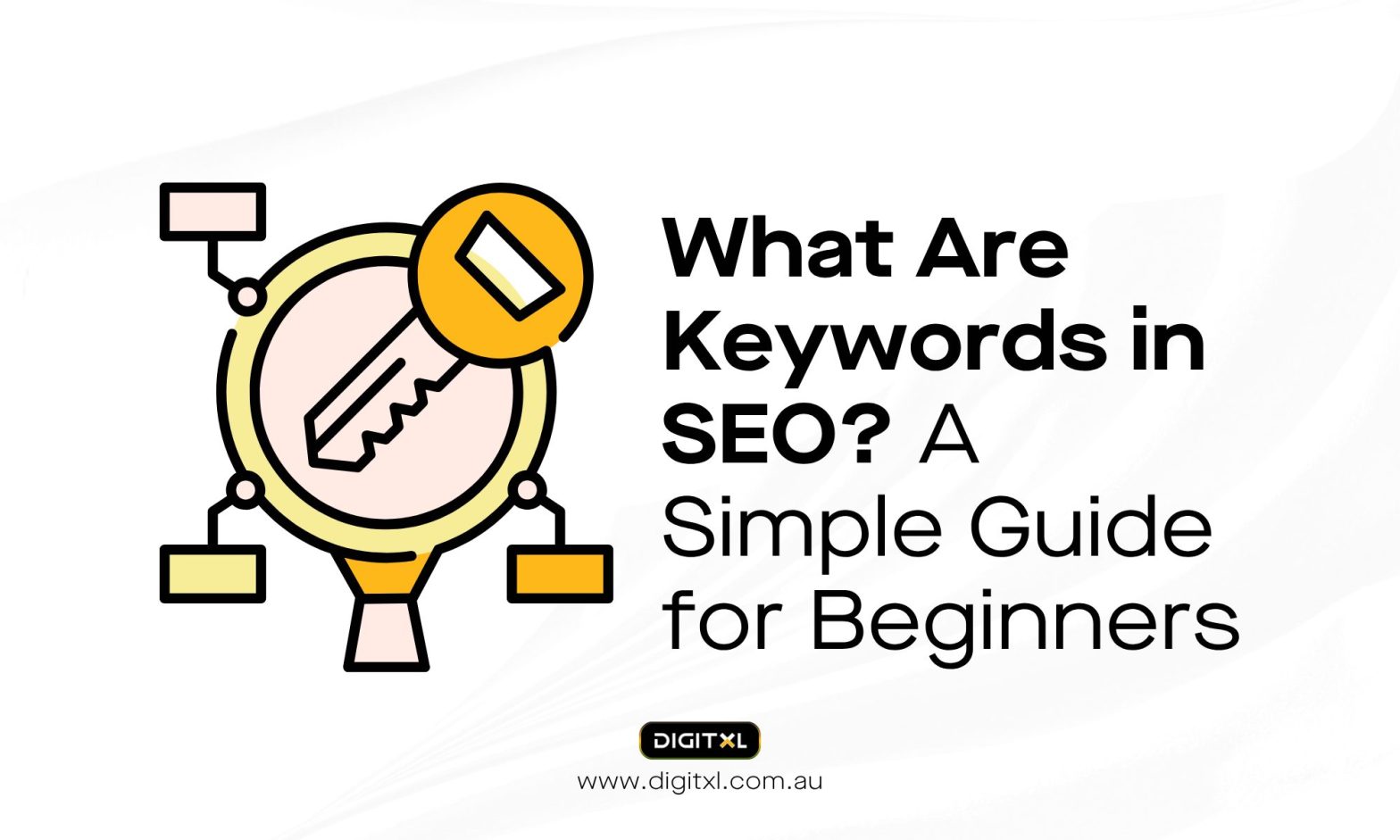
If you’ve ever wondered how Google knows which websites to show when you type a question or phrase, the answer lies in keywords.
Understanding what are keywords in SEO is the first step to improving your website’s visibility and attracting the right audience through search engines.
1. What Are Keywords in SEO?
In SEO (Search Engine Optimisation), keywords are the words or phrases people type into search engines to find information, products, or services.
For example:
- “Best coffee shops in Melbourne”
- “Affordable SEO services”
- “How to fix a slow website”
When you include relevant keywords in your website content, Google can better understand what your page is about and show it to users searching for similar topics.
Essentially, keywords act as the bridge between what people are searching for and the content you provide. Also and Important part of On page SEO.
2. Types of Keywords
To get the most from your SEO strategy, it helps to know the different types of keywords:
1. Short-Tail Keywords
These are broad terms like “SEO services” or “digital marketing”. They attract high search volume but also heavy competition.
2. Long-Tail Keywords
These are more specific phrases such as “affordable SEO services in Brisbane”. They have lower competition and usually attract more qualified traffic.
3. Branded Keywords
Keywords that include your brand name, like “DigitXL SEO agency”, are great for brand recognition and trust.
4. Informational Keywords
Used by users seeking knowledge, e.g., “what are keywords in SEO” or “how SEO works.”
5. Transactional Keywords
These indicate intent to purchase or act, such as “hire SEO experts” or “buy running shoes online.”
3. The Importance of Keywords in SEO
The importance of keywords in SEO cannot be overstated; they form the foundation of your search strategy.
Here’s why they matter:
1. Help Search Engines Understand Your Content
Keywords tell Google what your page is about. Without them, even the best content might not reach the right audience.
2. Drive Targeted Organic Traffic
Using the right keywords helps attract visitors who are actively looking for what you offer. This increases the chances of conversions.
3. Improve Website Visibility
When your website ranks for relevant keywords, it appears more often in search results building awareness and credibility.
4. Guide Your Content Strategy
Keywords help you identify what topics to cover, how to structure your articles, and where to focus your marketing efforts.
5. Support Analytics and Performance Tracking
By tracking keyword performance, you can measure which topics bring the most traffic and leads, refining your strategy over time.
4. How to Use Keywords Effectively
Knowing your keywords is only half the job using them wisely is what drives results.
1. Do Proper Keyword Research
Use tools like Google Keyword Planner, Ahrefs, or SEMrush to find terms your audience searches for.
2. Include Keywords Naturally
Add them in titles, headings, meta descriptions, and throughout your content without overstuffing.
3. Optimise On-Page Elements
Ensure your target keywords appear in your page’s H1 tag, first paragraph, and URL where relevant.
4. Focus on User Intent
Write for people first, not just algorithms. Google now ranks pages that best satisfy user needs.
5. Update and Refresh Content Regularly
Search behaviour changes over time. Review and update your keyword targeting every few months.
5. Common Mistakes to Avoid
Even though keywords are essential, many businesses make avoidable mistakes:
- Keyword stuffing: Using too many keywords unnaturally in one page.
- Ignoring search intent: Writing for search engines instead of humans.
- Not tracking performance: Failing to measure which keywords actually bring traffic.
- Targeting only broad terms: Neglecting long-tail keywords that convert better.
Avoiding these pitfalls helps you build a cleaner, more effective SEO strategy.
6. Final Thoughts
To succeed in SEO, you must understand what are keywords in SEO and their role in connecting your content with the right audience.
The importance of keywords in SEO lies in their ability to improve discoverability, drive targeted traffic, and provide a clear direction for content creation.
Whether you’re optimising a new website or updating an old one, start with thoughtful keyword research and always focus on user intent.
The right words, used in the right way, can make your website visible where it matters most on the first page of Google.
7. FAQs: Keywords in SEO
What are keywords in SEO?
A. Keywords are the words or phrases that users type into search engines to find information or services.
Why are keywords important for SEO?
A. They help search engines understand your content and match it with relevant user searches, improving visibility and traffic.
How many keywords should I target per page?
A. Focus on one main keyword and a few related terms to keep content natural and relevant.
What’s the difference between short-tail and long-tail keywords?
A. Short-tail keywords are broad and competitive, while long-tail ones are specific and better for targeting niche audiences.
How often should I update my keywords?
A. Revisit your keyword strategy every few months to stay aligned with changing search trends and user intent.

